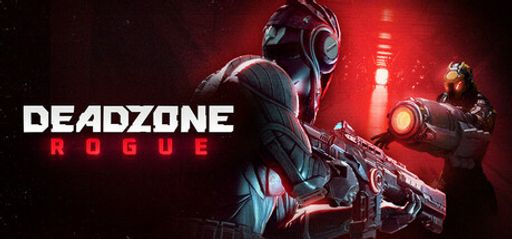I usually approach new games with a healthy dose of cynicism and a calibrated sense of humor. After firing up Deadzone: Rogue (Prophecy Games’ latest offering), I found myself torn between admiring its promising design and feeling frustrated by its lapses in execution. In this fast-paced roguelite FPS set in deep space, some moments sing while others whisper their potential long past your welcome. Let’s break down what works, what falters, and whether the game can carve out a niche in a crowded genre.
Overall Impressions
At first glance, Deadzone: Rogue gleams with the spark of a classic roguelite shooter that dares to refresh space combat. It loops combat, death, revival, and progression in a way that maintains mood and showcases potential. My initial playthrough felt like a trial by fire: the opening levels challenge you with unforgiving combat right away. However, the game struggles with variety. I encountered repetitive environments and scenarios that make you wonder whether the same room keeps recycling. Compared to roguelike cousins such as Roboquest or Gunfire Reborn, Deadzone: Rogue sometimes tries too hard to recapture early-2000s FPS magic without fully embracing modern design.
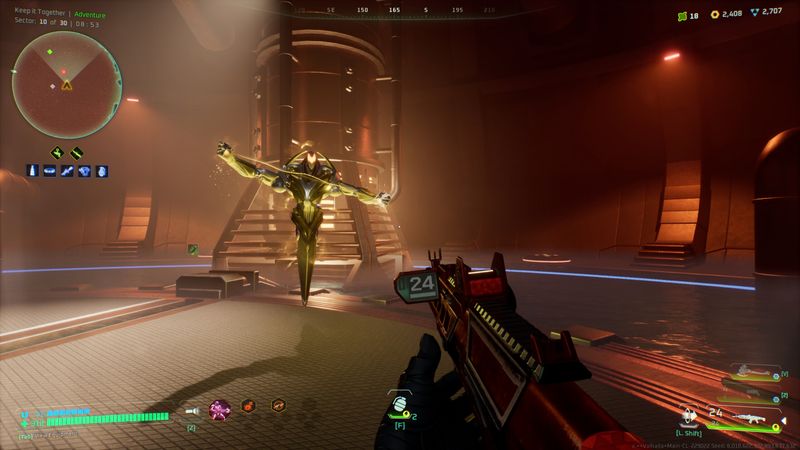
Gameplay Mechanics
The core mechanics shine when combat flows. You blast through hordes of enemies using devastating weapons, then augment and upgrade your arsenal. I appreciate that each death leads to growth; it rewards a playstyle in which failure teaches you something new. The developers reward perseverance. In particular, the evolving rarity rates and surprise pickups during combat feel strategic and thoughtful. As you progress, fresh weapon combinations can completely shift the tempo of a fight.
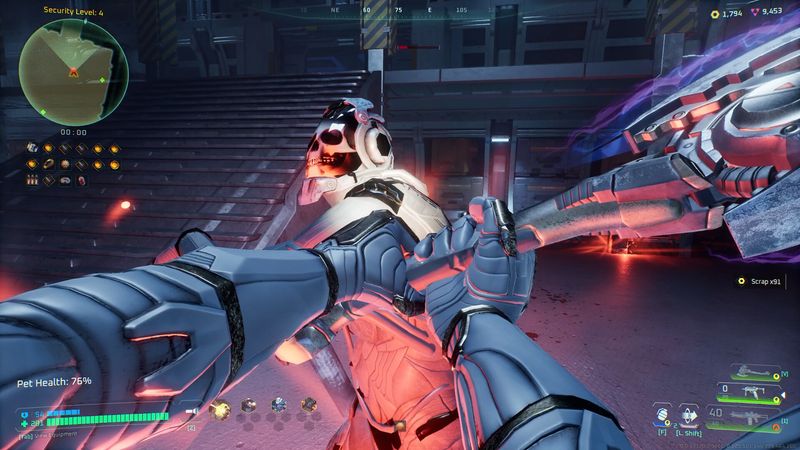
The game’s pacing can feel off. Early on, you often move through the same basic rooms over and over. For example, one close-combat level was so repetitive it felt almost empty. Many players have called these sections “mindless,” and I agree—they clash with the game’s promise of fresh tactics. On the plus side, recent patches fixed the online-only restriction for single-player. If the developers keep making updates like that, they can smooth out these rough spots.
Story and Characters
Deadzone: Rogue focuses on action, not story. You get a simple setup, a risky trip through deep space, without much background or character growth. You play as a generic avatar, projecting your own emotions onto them. Fans of nonstop combat will be fine, but anyone looking for a rich world or memorable characters may feel let down. The game keeps you moving so fast that there’s little time for any real story.
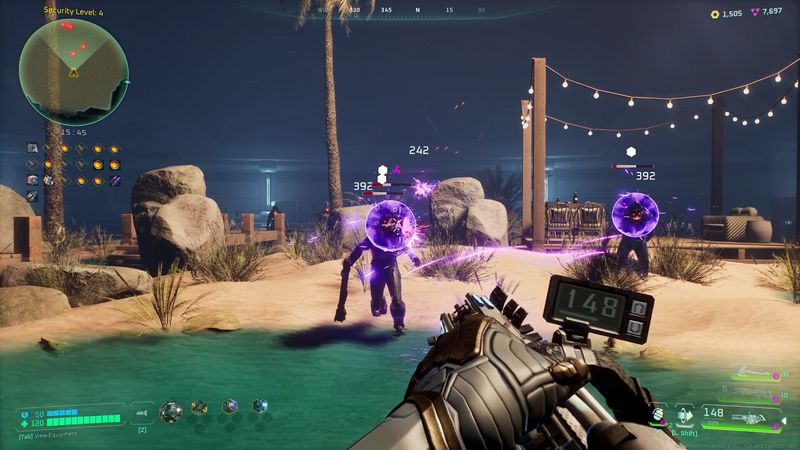
Visuals and Graphics
Graphically, Deadzone: Rogue offers a mixed bag. On one hand, its space setting builds intense atmosphere through bold color palettes and dynamic lighting—evoking early-2000s FPS nostalgia. On the other hand, reusing environmental themes and asset packs sometimes makes the experience feel patchwork. I noticed several areas and enemy models recycled from Prophecy Games’ previous titles. This choice helps maintain consistency, yet it undercuts the originality you’d expect from a combat-and-progression innovator. Still, the overall artistic quality remains decent, and the visuals often enhance the tension of a hard-fought battle.
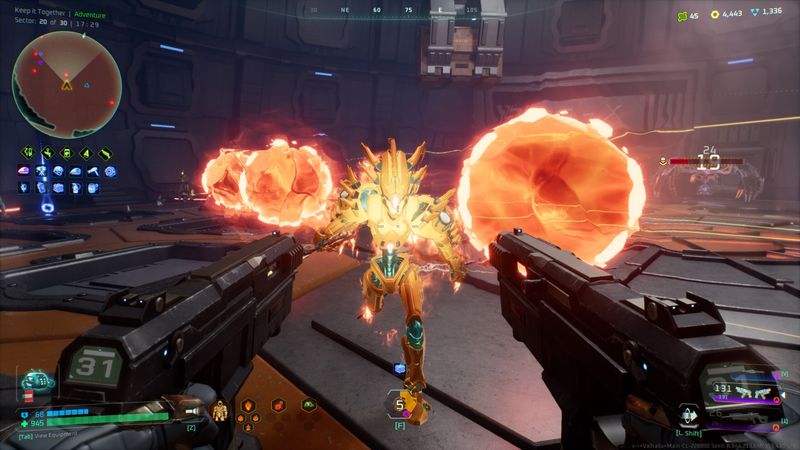
Sound and Music
The sound really stands out. The soundtrack drives your adrenaline in combat and raises the tension when you’re surrounded. Effects—from booming explosions to buzzing futuristic guns—are clear and well-mixed. Sometimes the music masks weaker fights, but more often it freshens up slower moments. Ambient noises and voice clips do their job without getting in the way, keeping you locked into the action.
Difficulty and Replayability
With my background in high-stakes competition, I appreciate that Deadzone: Rogue challenges without punishing. Its roguelite structure delivers one of the genre’s strongest selling points: inherent replayability. The more you play, the more hidden mechanics you uncover, and the more formidable you become. However, the difficulty curve sometimes proves uneven. Initial stages can slog for players used to fast-paced, ever-escalating action. You need to invest at least a couple of hours before you grasp the bigger picture. Prophecy Games has built scaffolding for compelling evolution, yet early missteps might deter those who lack patience to delve deep.
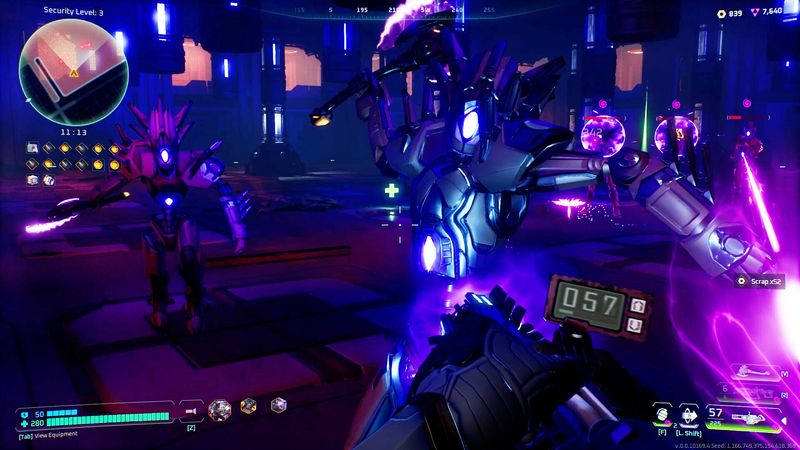
Overall Rating
3.5 out of 5 stars. Deadzone: Rogue excels in combat mechanics, sound design, and bursts of visual energy. Conversely, it falls short in narrative investment, environmental variety, and a more cohesive difficulty progression. As a solid yet uneven roguelite FPS, it shows potential tempered by its current shortcomings.
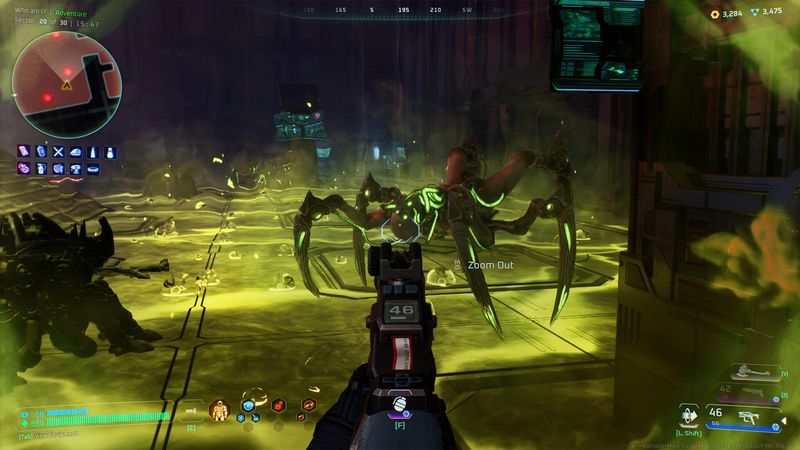
Final Thoughts
Deadzone: Rogue is no flawless jewel—rather, it echoes the struggles of a studio striving to reconcile past missteps with genuine ambition. Prophecy Games shows promise by heeding community feedback and rolling out thoughtful tweaks. If you can overlook early repetition in favor of a rewarding progression loop, you may discover a gem hidden beneath the rough surface. I recommend grabbing it during a sale, and maintaining cautious optimism until further patches smooth its cadence.
Ultimately, Deadzone: Rogue reminds us that even stellar ideas demand meticulous execution. I look forward to its evolution, though I’ll keep a measured perspective until it fully realizes its potential.

